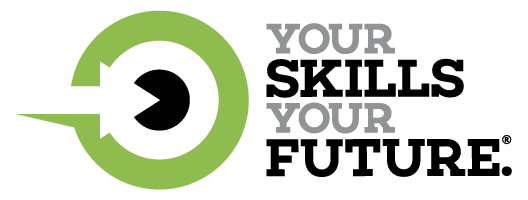Licensed practical nurses (LPNs) and licensed vocational nurses (LVNs) provide basic medical care. They work under the direction of registered nurses and doctors.
Duties
Licensed practical and licensed vocational nurses typically do the following:
- Monitor patients’ health—for example, by checking their blood pressure
- Administer basic patient care, including changing bandages and inserting catheters
- Provide for the basic comfort of patients, such as helping them bathe or dress
- Discuss the care they are providing with patients and listen to their concerns
- Report patients’ status and concerns to registered nurses and doctors
- Keep records on patients’ health
Duties of LPNs and LVNs vary, depending on their work setting and the state in which they work. For example, they may reinforce teaching done by registered nurses regarding how family members should care for a relative; help to deliver, care for, and feed infants; collect samples for testing and do routine laboratory tests; or feed patients who need help eating.
LPNs and LVNs may be limited to doing certain tasks, depending on the state where they work. For example, in some states, LPNs with proper training can give medication or start intravenous (IV) drips, but in other states LPNs cannot perform these tasks. State regulations also govern the extent to which LPNs and LVNs must be directly supervised. For example, an LPN may provide certain forms of care only with instructions from a registered nurse.
In some states, experienced licensed practical and licensed vocational nurses supervise and direct other LPNs or LVNs and unlicensed medical staff.


